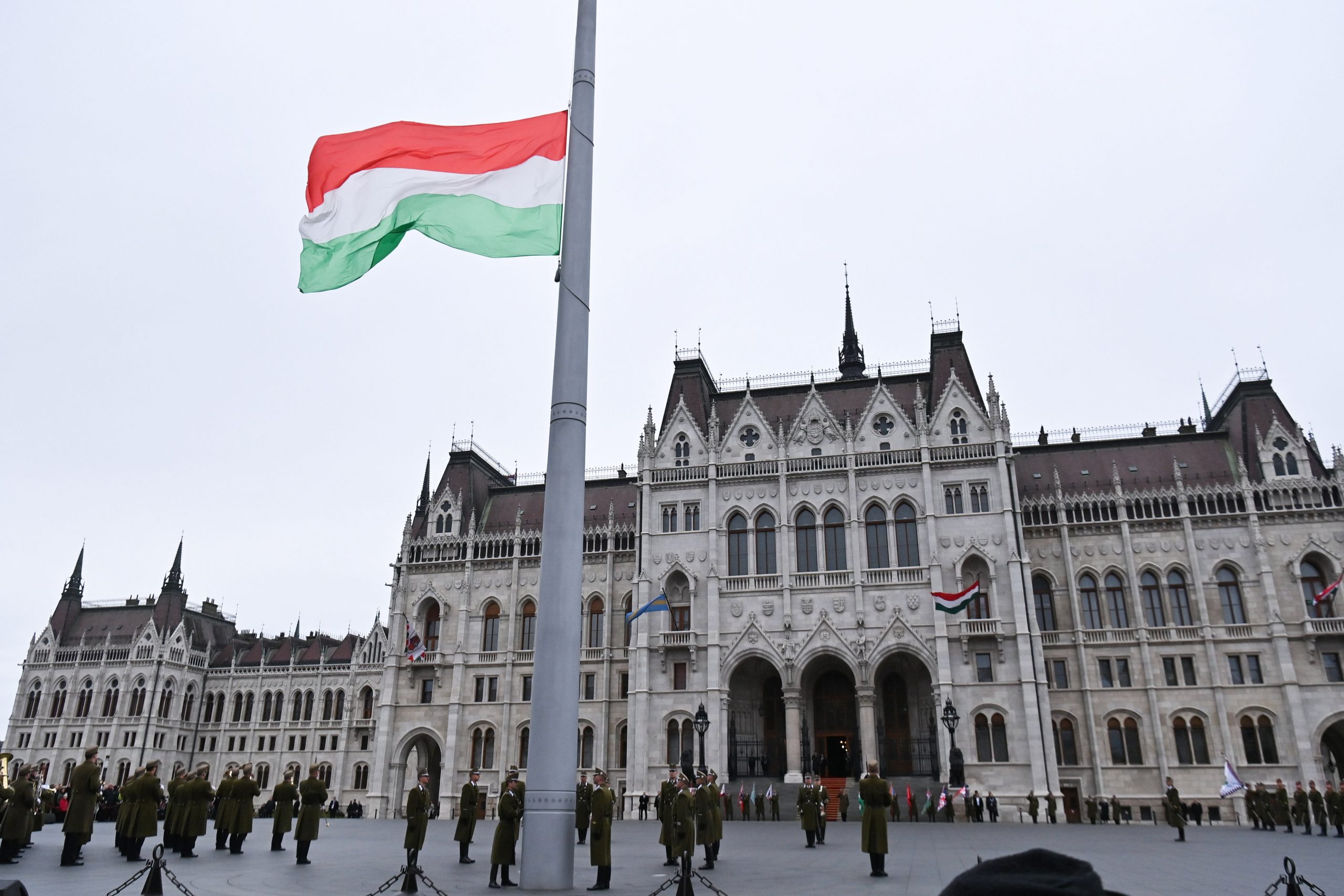
Hungary remembers the heroes of the 1848-49 revolutionContinue reading

Hungarians always stand together when they know that the truth is on their side, said the Deputy State Secretary for National Policy of the Prime Minister’s Office in Detroit, Michigan, USA, on Saturday. Péter Szilágyi added that Hungarians have not been as strong and cohesive as they are today since Trianon.
Speaking at the event of the Hungarian American Cultural Center commemorating the 1848-49 Hungarian revolution, Péter Szilágyi stressed that Hungarians were right in 1848, as they were in 2010, “when we recognized the value of Hungarians abroad and set about reunifying the nation,” and “we were right that we must unite the nation in the public law sense.”
He pointed out that thanks to the government’s measure, 1,150,000 people have received Hungarian citizenship in the last couple of years and the most important decisions affecting Hungarians are made jointly with those living around the world.
Today we are still right to stand up for national unity, and every day we work to ensure that our Hungarian communities abroad feel that the motherland will not let go of their hands even in the most difficult times,”
emphasized the Deputy State Secretary for National Policy. He underlined that since Trianon, Hungarians have never been such a strong and cohesive community as they are today.
Hungarians living in those areas that were allocated to neighboring countries became minorities there. The principal beneficiaries were the Kingdom of Romania, the Czechoslovak Republic, the Kingdom of Serbs, Croats and Slovenians (later Yugoslavia), and the First Austrian Republic.
In addition, Hungary had to pay war reparations to its neighbors. The treaty was dictated by the Allies rather than negotiated, and the Hungarians had no option but to accept its terms. The Hungarian delegation signed the treaty under protest, and agitation for its revision began immediately. The current borders of Hungary are for the most part the same as those defined by the Treaty of Trianon, with minor modifications.
Szilágyi stressed that it was not by chance that 2023 had been designated the Year of the Caring Nation in national policy, the essence of which is that Hungarian communities scattered around the world can count on each other and on the motherland. He added that the aim of the Kőrösi Csoma Sándor Scholarship Program, launched in 2013, was to further enrich Hungarian communities and strengthen their national identity, and that more than 700 scholarship holders had already helped Hungarian communities.
“On August 13, 1849, on the day of the revolution cease-fire, our struggle for freedom failed, but the results of the fight for freedom have remained: we proved that we are capable of uniting and are ready to fight for our independence with two great powers at the same time,” stated the Deputy State Secretary at the Hungarian community’s commemoration in Detroit.
Featured photo via MTI/Bruzák Noémi